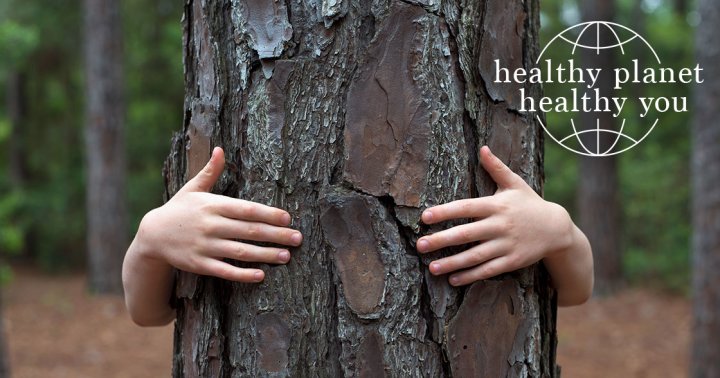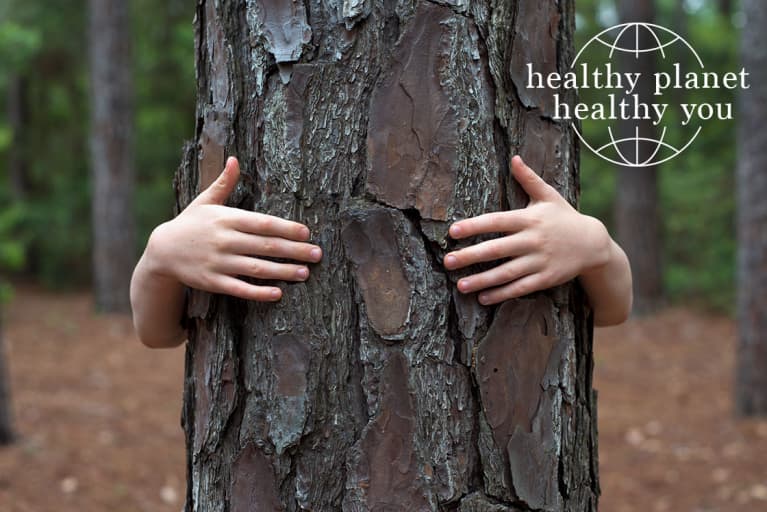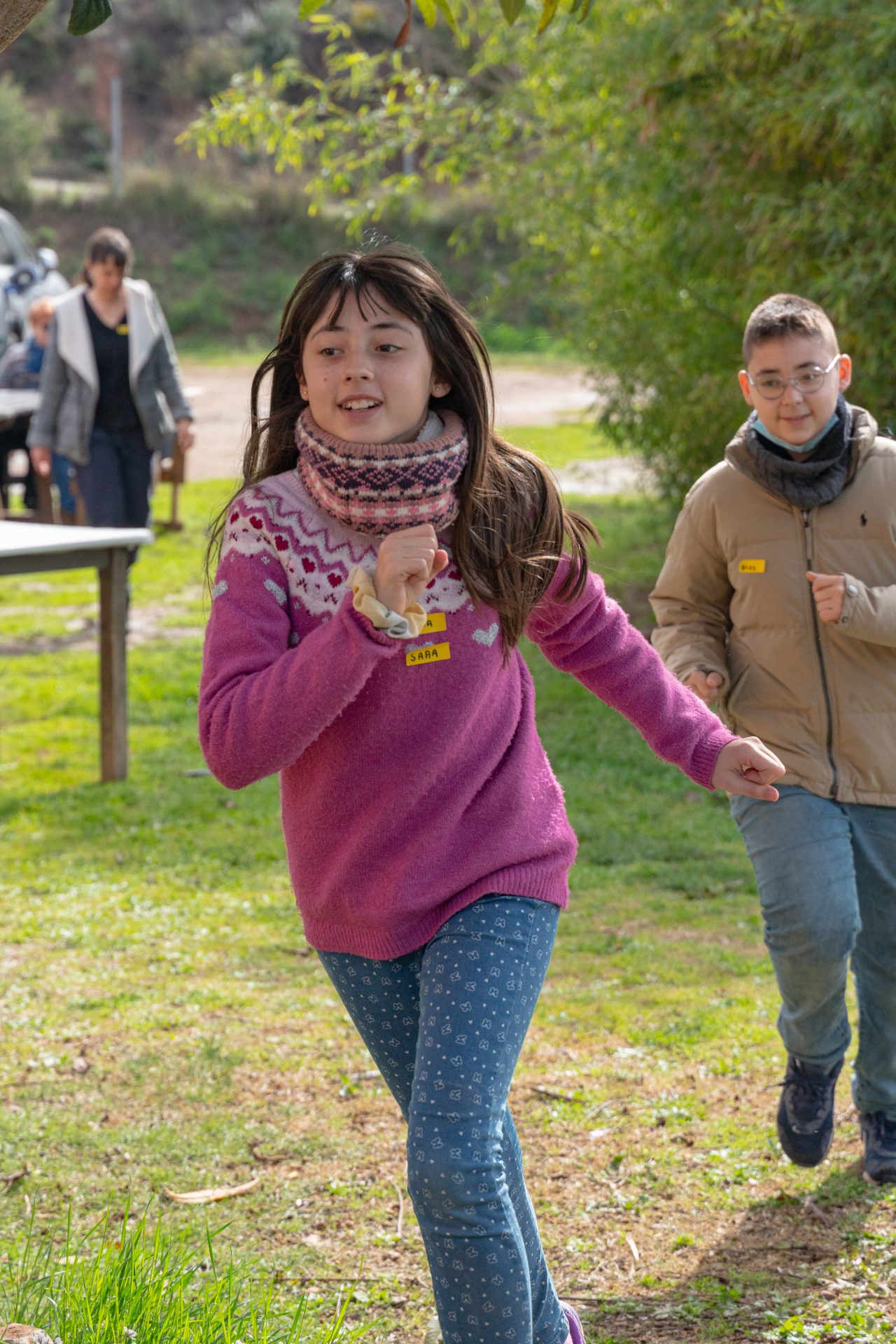Is Loving Nature Genetic? New Research Suggests That It Could Be
A fascinating new study on twins finds that our connection to nature could be partially innate.


February 24, 2022 — 12:23 PM
Our new series Healthy Planet, Healthy You explores just how tightly human health and environmental health are intertwined—for better and for worse. Each month, we'll share the latest news on how nature can rejuvenate us on one hand and damage our health when it's not cared for on the other. We'll end with timely tips and tools to help you care for your environment so it can care for you.
1. Your love of nature could be partially genetic.
A research team out of the National University of Singapore estimates that between 35 to 50% of our connection to nature could be innate, following a recent study on twins. They found that identical twins were more similar in how they explored the natural spaces in their area than fraternal ones, suggesting that outdoor preferences are partially the result of one's genetics, as well as culture and upbringing. (Read the research here.)
2. Canadian doctors can now prescribe free visits to National Parks.
A small but growing cohort of doctors around the world is now prescribing nature in addition to (or sometimes in lieu of) medications since spending time outdoors has been correlated with stress reduction, increased energy, and improved mood. And this month, a network of physicians in Canada announced an exciting partnership that will allow them to distribute yearly National Park passes to patients who could use a health boost from nature but don't have the money to spend on outdoor recreation. (Learn more about the program here.)
3. Greener hospitals are easier to navigate.
Health Coach Certification
A best-in-class, board certified curriculum grounded in a holistic approach to healing.

Most of us know hospitals as sterile spaces that are stressful and confusing to navigate. A new study used immersive VR to look at how greenery might make their harrowing halls less nerve-wracking. According to the research on 74 people, those who walked through hallways that looked out onto greenspace found them to be less stressful and easier to navigate quickly. (Read the research here.)
4. Air pollution can harm kidney health...
In addition to its more obvious impacts on the lungs and heart, a new literature review on fine particulate matter (PM 2.5) pollution finds emerging evidence that it is associated with poor kidney function and an increased risk of kidney disease. While there is some variation in the findings, most studies over the past 20 years conclude that prolonged exposure to air pollution is not great for these vital waste removers. (Read the research here.)
5. ...but trees may help us get a grasp on it.
In a neat recent study on trees, the tall pines of North Carolina were found to hold valuable information about air pollution within their needles. Researchers found that their waxy coating acts as a trap for airborne pollutants such as PFAS, which humans can then study when they drop to the ground. "Beyond N.C. and beyond pine needles, this shows the capability of plants with waxy coatings to serve as sentinels of environmental contamination," the lead author said in a statement. (Read the research here.)
In my experience as a sustainability editor, I've found that most meaningful eco-actions don't stem from fear, but love. It's the love for a particular spot outdoors or for future generations threatened by climate change that urges us into action. In honor of the most lovey-dovey month of the year, why not use the last few days of February to reconnect to a spot in nature that you really adore? Whether it's your backyard or a nearby riverbank, visit a favorite place with a weather-proof journal and pen in hand, and write a love letter to the special spot.
Think about the ways it has inspired and supported you, restored and refueled you, as you craft your note. (Here's our guide to love letter writing if it's been a while.) Keep your letter somewhere where you can easily revisit it on off days to reconnect to your "why" and remember your intention to live with a light impact on every landscape you encounter. Because chances are someone, somewhere, really loves it.
https://www.mindbodygreen.com/articles/healthy-planet-healthy-you-february-2022

 KickT
KickT 
































